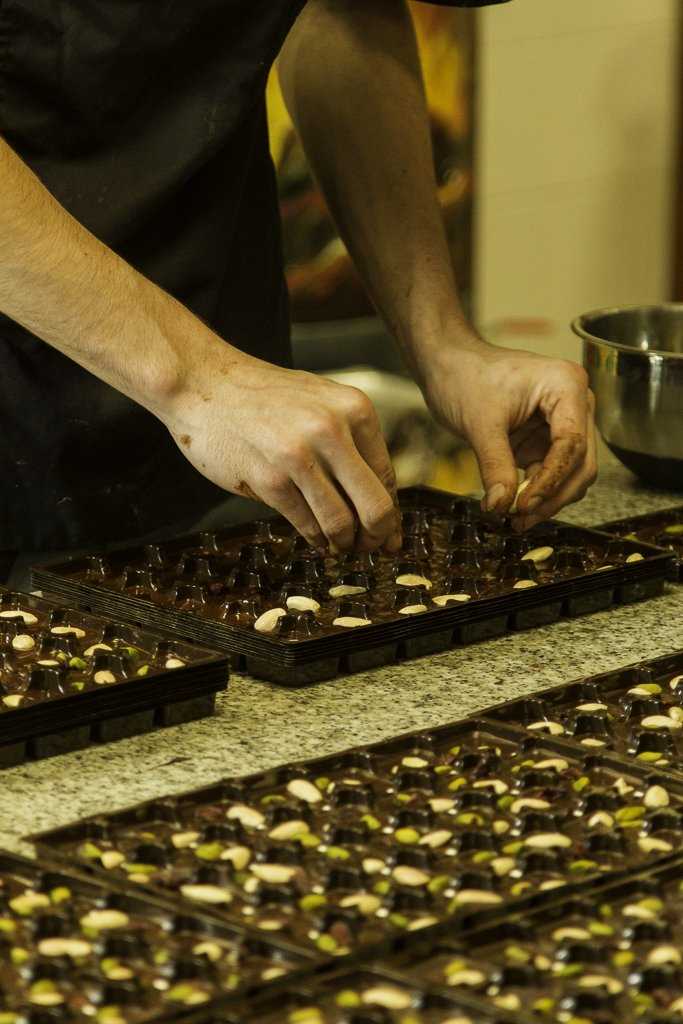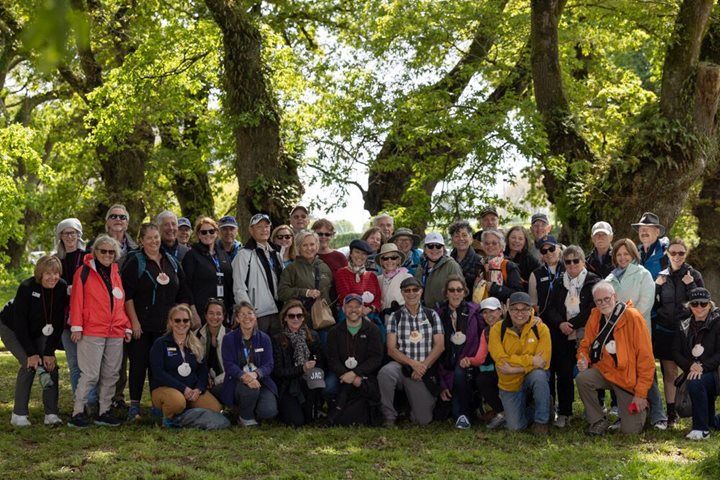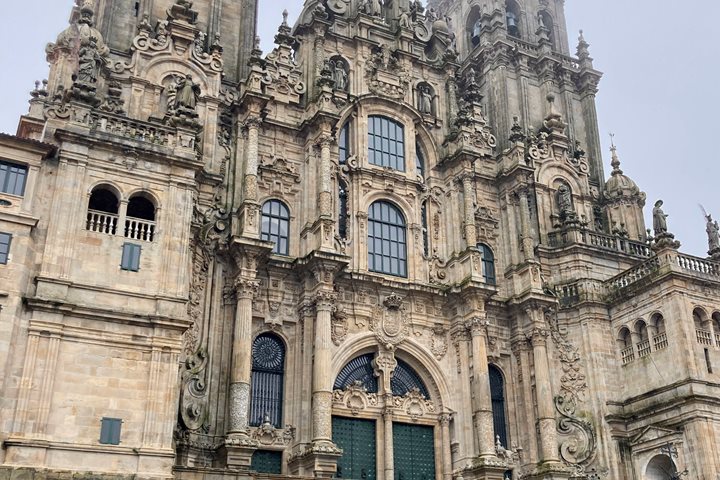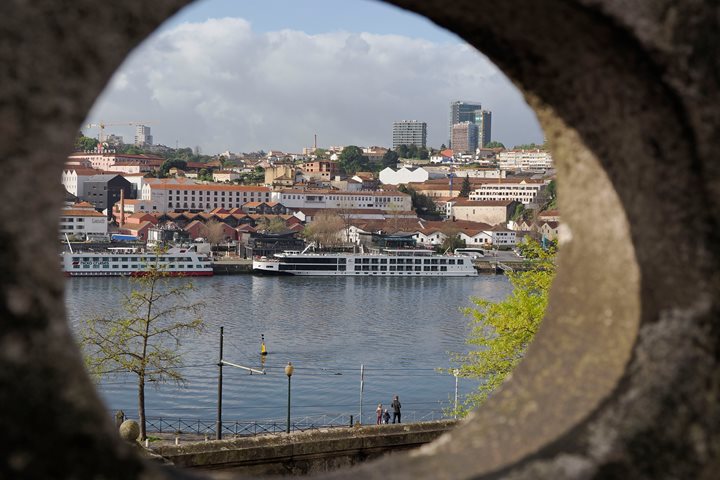In 1492 (depending, of course, on exactly who you talk to) Europeans made first contact with the Americas. This new global connection began a cultural and biological exchange of unparalleled scope and significance that still echoes clearly today. Westward went guns, germs and steel, together with horses, cows and Christianity. Back to Europe came a transformative flow of all the riches to be found the new world. Gold and silver, preeminent in the minds of the explorers and conquistadors, were only the beginning. Far beyond their own value, these precious metals served to stimulate continued contact, which allowed the transfer of the truly important elements of the exchange: potatoes, tomatoes, corn, coffee and… chocolate!
Theobroma, Xocolatl, Kak’au, the food of the gods. The bitter beans of this small tropical tree were sacred to the Maya, the key ingredient of frothy, fiery drinks reserved for royalty alone. Once introduced to the old world, this healthy, stimulating concoction, mellowed with sugar and milk, became a fashion with a new group of royalty – the kings and queens of Europe. As the centuries passed clever inventors refined the ingredients, separating the rich fats of the cacao bean from the bitter, flavorful solids, then recombining them, together with the milk and sugar, to create the wonderful solid confection we know as chocolate.
This afternoon we visited the region of Bayonne, the small city where the saga of chocolate was first brought to France. In the village of Espelette, which is also known for its rich, mildly hot peppers – another import from the Americas – we were welcomed to the premises of Antton, an artisanal chocolate house that still uses many of the traditional methods of preparing this exquisite treat, with the addition of an ancient companion flavor, now considered modern and exotic – the tang of red pepper.
During our tour of the small factory we learned about the careful, complex process used to make sweet, smooth chocolate from the bitter beans of the cacao tree. Next we saw the dexterous hand labor of creating the individual morsels and, at last, we were invited to sample several of the wonderful final products. Sweet, rich ganache, piquant peppers, nuts and caramel all melted on our tongues – it was truly the food of gods, brought to earth in France for our pleasure.
Not far away, some of our shipboard companions were enjoying a visit to Biarritz, the fabulous summer resort of French royalty where a great deal of chocolate has been consumed over recent centuries. The long, curving beaches, the astounding stately homes and palaces and the wide, tree-lined boulevards all evoked the atmosphere of leisurely days long past – a world of privilege and passion that still echoes into the present in the sunshine of the French Atlantic coast and the taste of chocolate.






